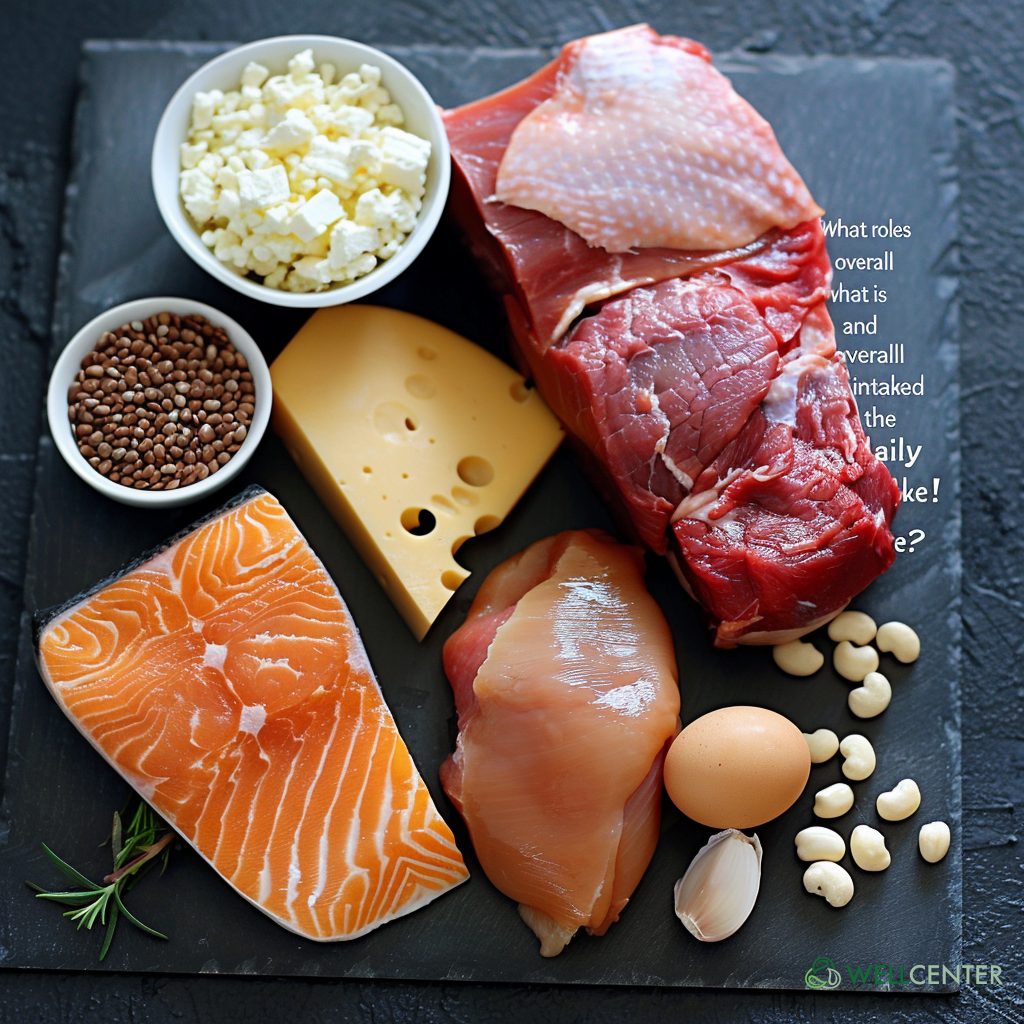Ditch the bro science and protein powder confusion! We’re here to shred those myths like yesteryear’s workout tee. This ain’t your average sleepy lecture on nutrients – we’re decoding the truth about protein, its impact on your amazing body, and exactly how much you need to crush your goals.
Buckle up and get ready to unlock the secrets to optimal protein intake, leaving you feeling informed and ready to conquer your day.
Ok. Technically, speaking protein is a fundamental macro-nutrient essential for virtually every bodily function. It serves as the building block for tissues, enzymes, and hormones, playing a critical role in maintaining overall health and well-being.
Here’s a decoded breakdown of its vital contributions:
Structural Support:
- Tissue Formation and Repair: Protein is the scaffolding material for muscles, bones, skin, and connective tissues. It plays a crucial role in wound healing, tissue regeneration, and maintaining structural integrity throughout the body.
- Enzyme Production: Enzymes are protein-based molecules that regulate countless biochemical reactions essential for metabolism, digestion, and energy production.
Functional Significance:
- Immune Function: Antibodies, vital components of the immune system, are comprised of protein. Adequate protein intake supports the body’s ability to fight off infections and maintain immune defense.
- Hormone Regulation: Many hormones, such as insulin and glucagon, are protein-based and play a key role in regulating blood sugar levels, metabolism, and growth.
- Oxygen Transport: Hemoglobin, the protein in red blood cells, is responsible for transporting oxygen throughout the body, ensuring proper oxygen delivery to cells and tissues.
Balancing Your Protein Needs:
The recommended daily protein intake varies based on several factors, including age, activity level, and overall health status. Here’s a general guideline:
- Adults: The Recommended Dietary Allowance (RDA) for protein for healthy adults is 0.8 grams per kilogram of body weight (0.36 grams per pound).
- Increased Needs: Individuals with active lifestyles, pregnant or breastfeeding women, and those recovering from injuries or surgery may require higher protein intakes to support increased demands.
Importance of a Balanced Diet:
While protein is essential, a balanced diet incorporating all food groups remains crucial. Protein sources like lean meats, poultry, fish, eggs, dairy products, legumes, and nuts can be incorporated into your meals and snacks throughout the day to meet your protein needs.
Conclusion:
Protein plays a multifaceted role in maintaining good health and well-being. From building and repairing tissues to regulating vital functions, adequate protein intake is essential. Understanding your individual needs and incorporating a variety of protein sources into your diet can help ensure you’re providing your body with the building blocks it needs to thrive. Consulting a registered dietitian or healthcare professional can help establish a personalized protein intake plan based on your specific circumstances and health goals.

